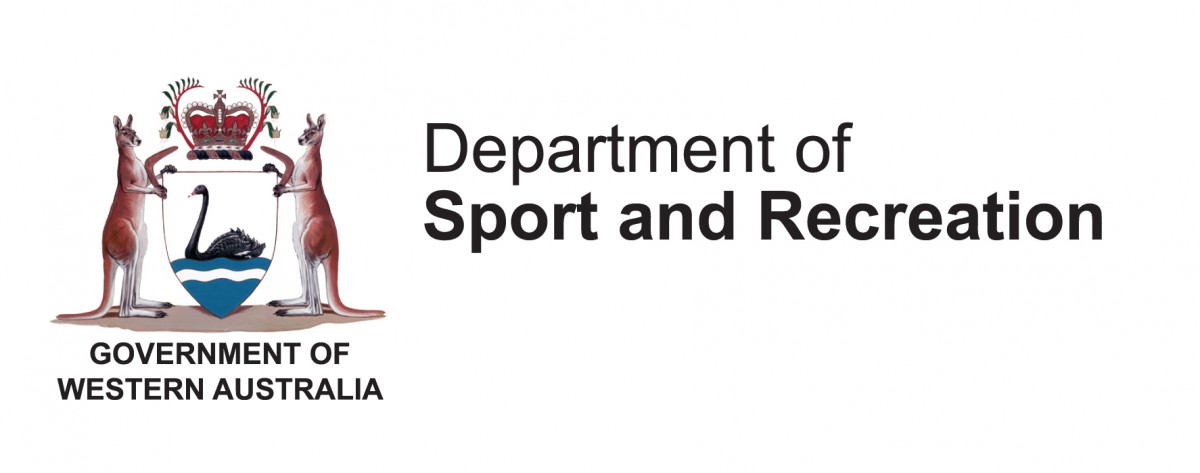A multicultural experience on the Track
In early 2014, the Bibbulmun Track Foundation became involved in a project to introduce members of the culturally and linguistically diverse (CaLD) community to outdoor walking.
The multifaceted project including up-skilling a number of the Edmund Rice Centre and Communicare youth leaders in basic walk leader training and providing an informal educational opportunity for Bibbulmun Track volunteer guides in cultural awareness, particularly around diverse populations. The Foundation held a series of family walks on the Bibbulmun Track, targeting multicultural children and families. We engaged over 120 people including adults and children in a native animal encounter with the assistance of the Kanyana Rehabilitation Centre. All had the opportunity to learn about the Bibbulmun Track, native bushland and our native animals including the echidna, burrowing bettong, tawny frog mouth and many more.
One of the aims was to illustrate that WA’s trails and National Parks are relatively safe and accessible places to recreate. Each family was given information and contacts to encourage and assist them to access trails and outdoor areas in future.
In August the Foundation coordinated a full day youth leadership training walk to encourage CaLD community youth to become outdoor walk leaders. Twenty eight young people were engaged and focussed on bush safety and first aid, bush cooking, group dynamics, appropriate gear and clothing, emergency protocols, risk management and other facets of becoming a leader. We also provided access to information regarding walk leader training and other outdoor recreation leadership opportunities.
We are in the process now of furthering the leadership program and look forward to reporting the outcome of this in future editions of Bibbulmun News.
This program would not have been possible without the support of the Inclusion Unit at the Department of Sport and Recreation. We thank them for their support.









